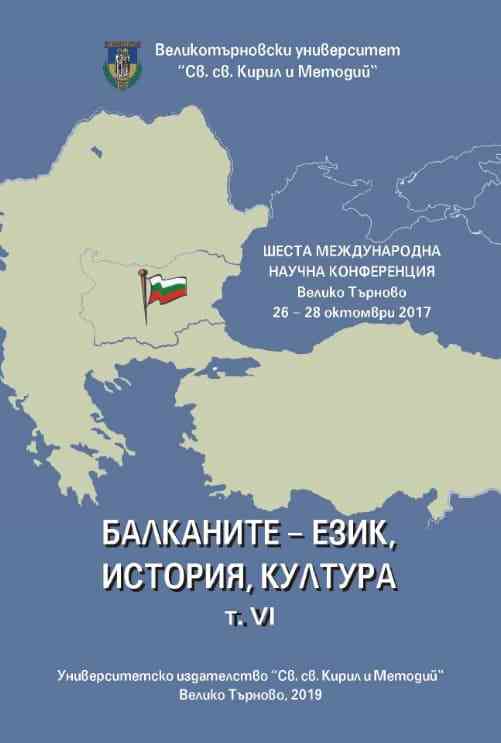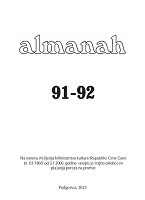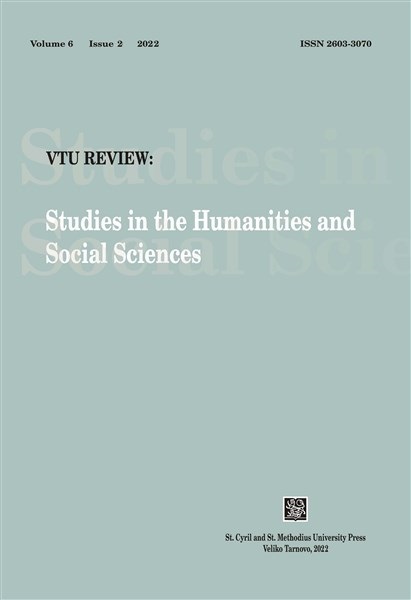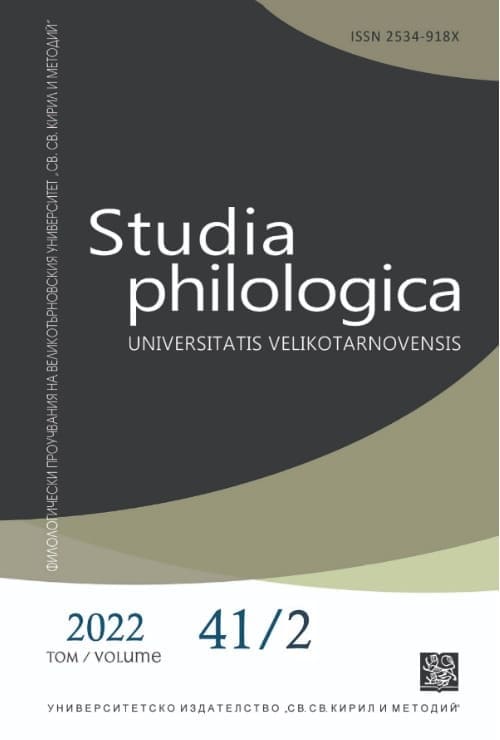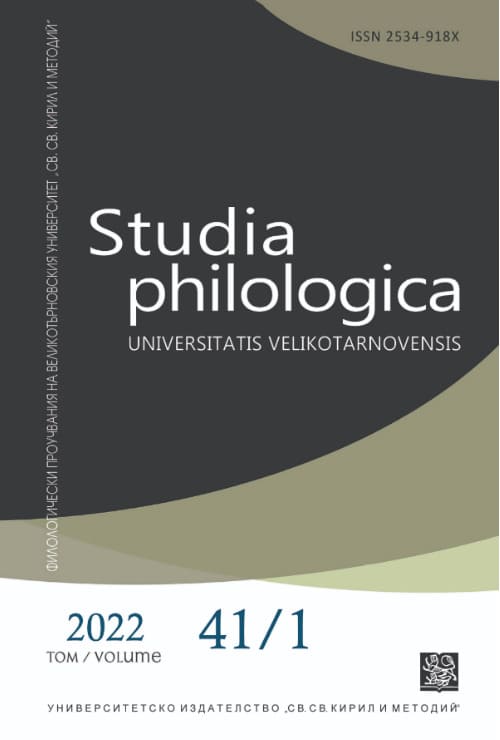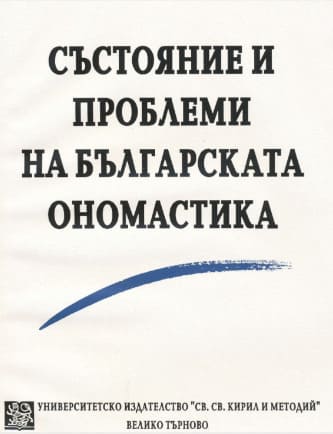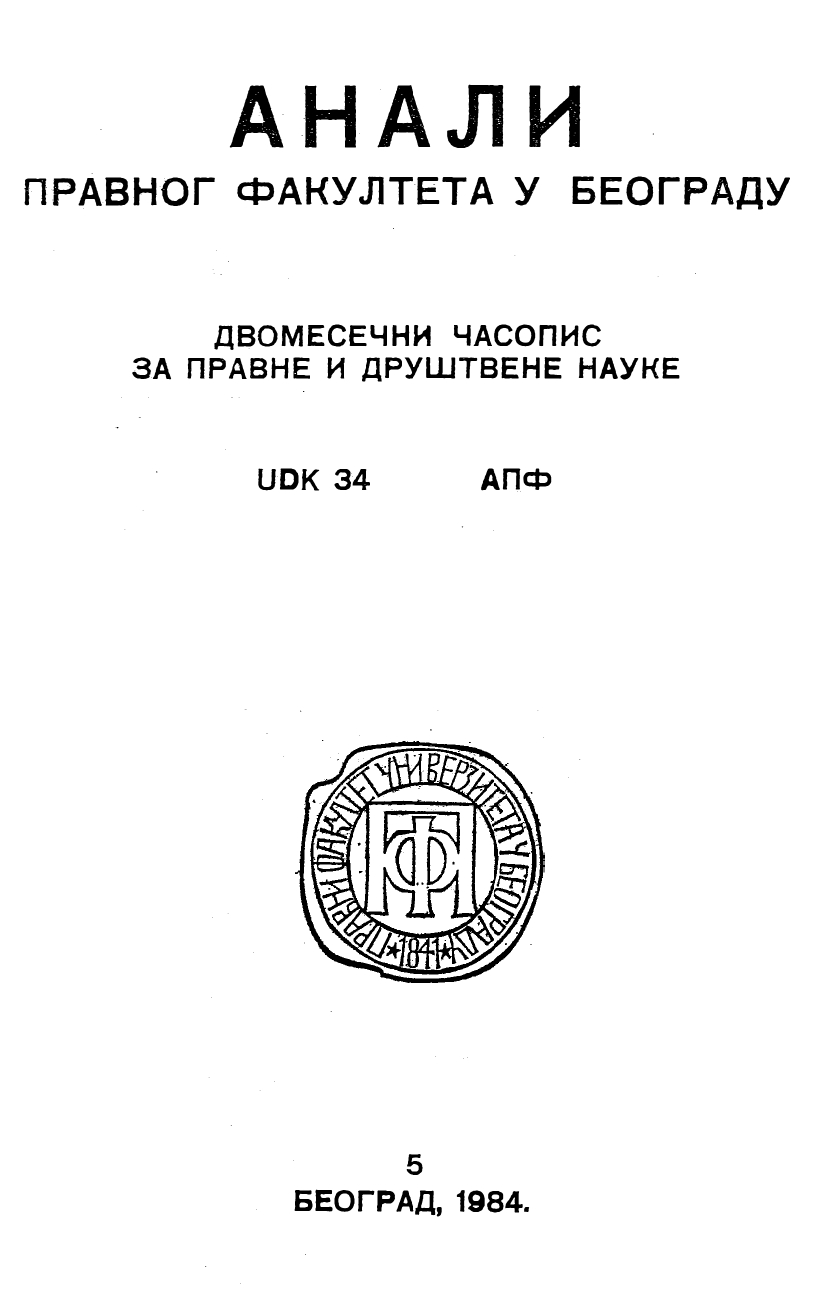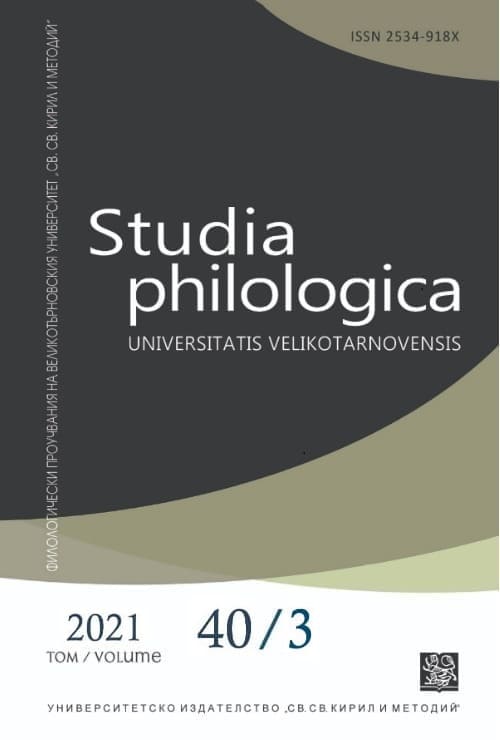Author(s): Christoph Giesel / Language(s): Bosnian
Issue: 91-92/2023
Between 1878 and 1970, a large number of Bosniacs from the territories of today’s Bosnia, Serbia, Montenegro, Kosovo and (Northern-)Macedonia emigrated in several waves to the Ottoman Empire and Turkey. Estimates regarding the number of Turkish citizens of Bosniac heritage range between 3 and 9 million, but the number of Shtokavian resp. Bosnian or “Bosniac” speakers only ranges from several ten thousand to a maximum of several hundred thousand. The vast majority of Turkish Bosniacs living in Istanbul originate from the Serbian and Montenegrin Sandžak which their families left in the 1950s and 1960s due to various reasons. Despite the rigid assimilation policies pursued by the Turkish state in the 20th century, they succeeded in retaining certain forms of their “Yugoslav-Muslim” or Bosniac ethnicity within the context of their social and linguistic embeddedness in Turkey where they are subject to a mixture of Turkish assimilation and ethnic revival processes. This is why this community displays numerous and multi-faceted aspects of identity, social, linguistic and ethnic attitudes as well as collective memories. Furthermore, their South Slavic Shtokavian ethno-language which is threatened by extinction is characterised by specific influences and idiosyncrasies which in their combination are unique to Turkey’s Bosniac community. It is composed of the following important features: i) dialects from the region of origin, ii) specific features of the Serbo-Croat or Serbian, Croatian, Bosnian and Montenegrin standard languages which are mixed with each other, iii) influences of the Ottoman and the modern Turkish standard languages, iv) lexical, syntactic and morphological changes and loss or errors in regards to case, gender, tense and other verb forms which are due to the general loss of language knowledge and v) a way of speaking which is inspired by lexical and grammatical deficits and which is often based on paraphrasing and improvisation. In the previous issue of Almanah (no. 89-90), an essay by the author on the Turkey-Bosniacs already thematized the aspects of time periods and reasons of migration, distribution, number, ethnonyms, language names and other special features, ethnic identities, assimilation and ethnic revival processes, socio-linguistic attitudes and characteristics as well as other historical, political and social issues. The concluding section of the paper presented assessments, theses and discussion aspects about the significance and preservation of the historical, cultural, ethnic, social and linguistic characteristics of the Slavic population in Turkey on the one hand and the meaning of the language type and the socio-linguistic attitudes of the Bosniacs in Istanbul within the context of the language science paradigms and politics of language nationalism in several states of the former Yugoslavia on the other hand. These presentations form the basis for the second essay in this present issue, which deals, from a purely linguistic perspective, with reflections and analyses of selected dialectal and contact-linguistic features of the spoken South Slavic / Shtokavian (Turkish-influenced) language of the Bosniacs from Istanbul. Here, the article focuses on the following aspects: general language characteristics, specific language and dialect features of Southwest Slavic, Shtokavian origin, Turkish language features and influences (lexis, phonetics, syntax, features of written language use), foreign language influences and Slavic/Bosniac influences in spoken Turkish. Finally, the linguistic-political discussion aspects and arguments already addressed in the previous article will be revisited and supplemented by incorporating the results of the linguistic analyses of this essay.
More...
